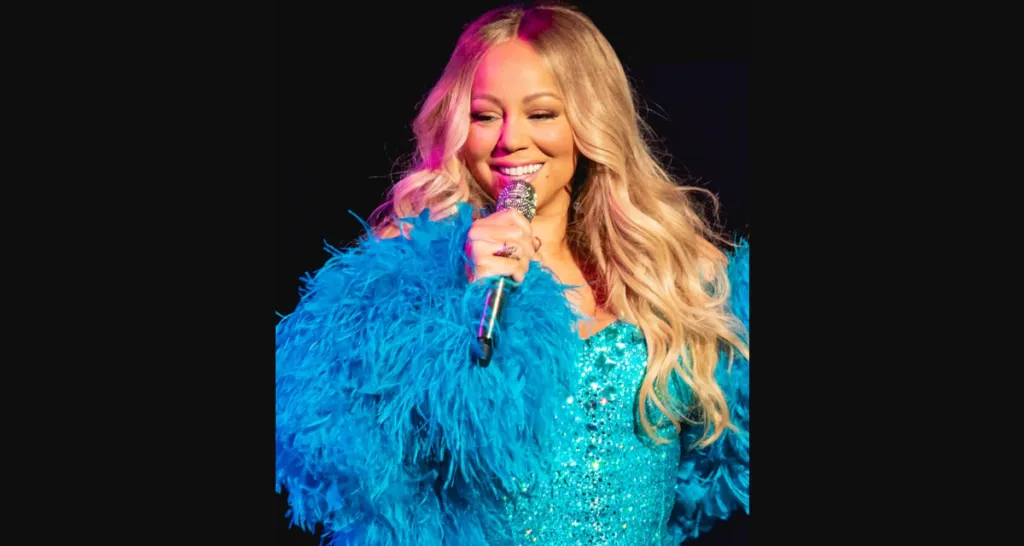A live performance from Mariah Carey, who, along with fellow defendants including Sony Music, is pushing to receive legal fees in an ‘All I Want for Christmas Is You’ copyright lawsuit. Photo Credit: Raph_PH
All I want for Christmas is everything you own: A copyright infringement lawsuit over Mariah Carey’s perennial holiday hit is turning ugly amid a legal-fees sub-dispute.
We first broke down that high-stakes sub-dispute closer to April’s beginning, after the presiding judge opted to toss the complaint in March. Long story short, the country-singer plaintiff, Vince Vance (real name Andy Stone), accused Carey’s “All I Want for Christmas Is You” of lifting from his own effort of the same name.
But the ruling in favor of the defendants – among them Universal Music, Sony Music, and Carey herself – set the stage for a massive attorneys’ fees demand. All told, the parties are looking to make the plaintiff cough up an astonishing $185,602 and change.
Unsurprisingly, the request isn’t sitting right with Stone, who, when opposing the bill in a new filing, described himself as “an elderly man now without vast resources.”
Elsewhere in the legal document, the plaintiff emphasized in more words that he’d pursued relief not on a whim, but only after “two of the most esteemed musicologists in the country” had independently identified alleged overlap between the two Christmas songs.
Not stopping there, Stone also underscored the belief that musicologists and artists know more about the subject matter than the court or attorneys in general.
“This is a lawsuit between a successful artist from one generation against another successful artist from a later generation,” Stone and his counsel wrote. “These musicians know more than any lawyer or the Court what they hear in another song.”
Evidently attempting to cover every angle, Stone proceeded to call out the defendants’ allegedly “unreasonable” legal-fees billing.
Furthermore, the plaintiff reiterated his own litigation expenses (purportedly including a $40,000 bill just to oppose summary judgement motions) and claimed that “forcing him to sell parts of his catalogue of music will accomplish nothing.”
Against the backdrop of a volume-heavy infringement-litigation landscape, the defendants’ counsel would probably disagree with the latter remark.
With all that said, how much should the plaintiff pay? While the best answer (from Stone’s perspective) is undoubtedly “nothing at all,” if the court is inclined to award legal fees, giving “the entire group more than $70,000 would be reversible error,” per the filing.
Under the current schedule, we won’t have to wait too long to see whether the judge agrees with Stone here; the courtroom confrontation’s next hearing is set for May 12th.
Content shared from www.digitalmusicnews.com.

